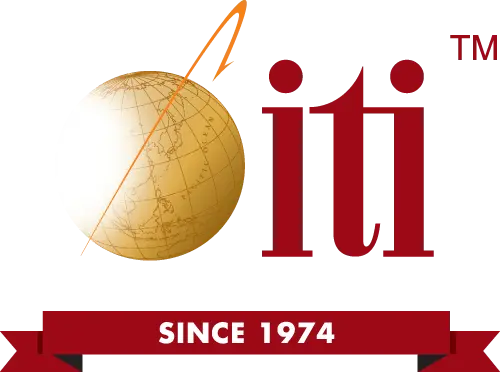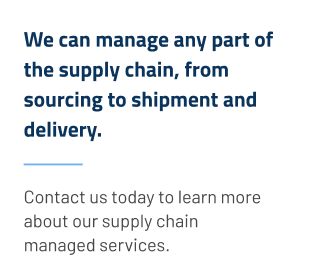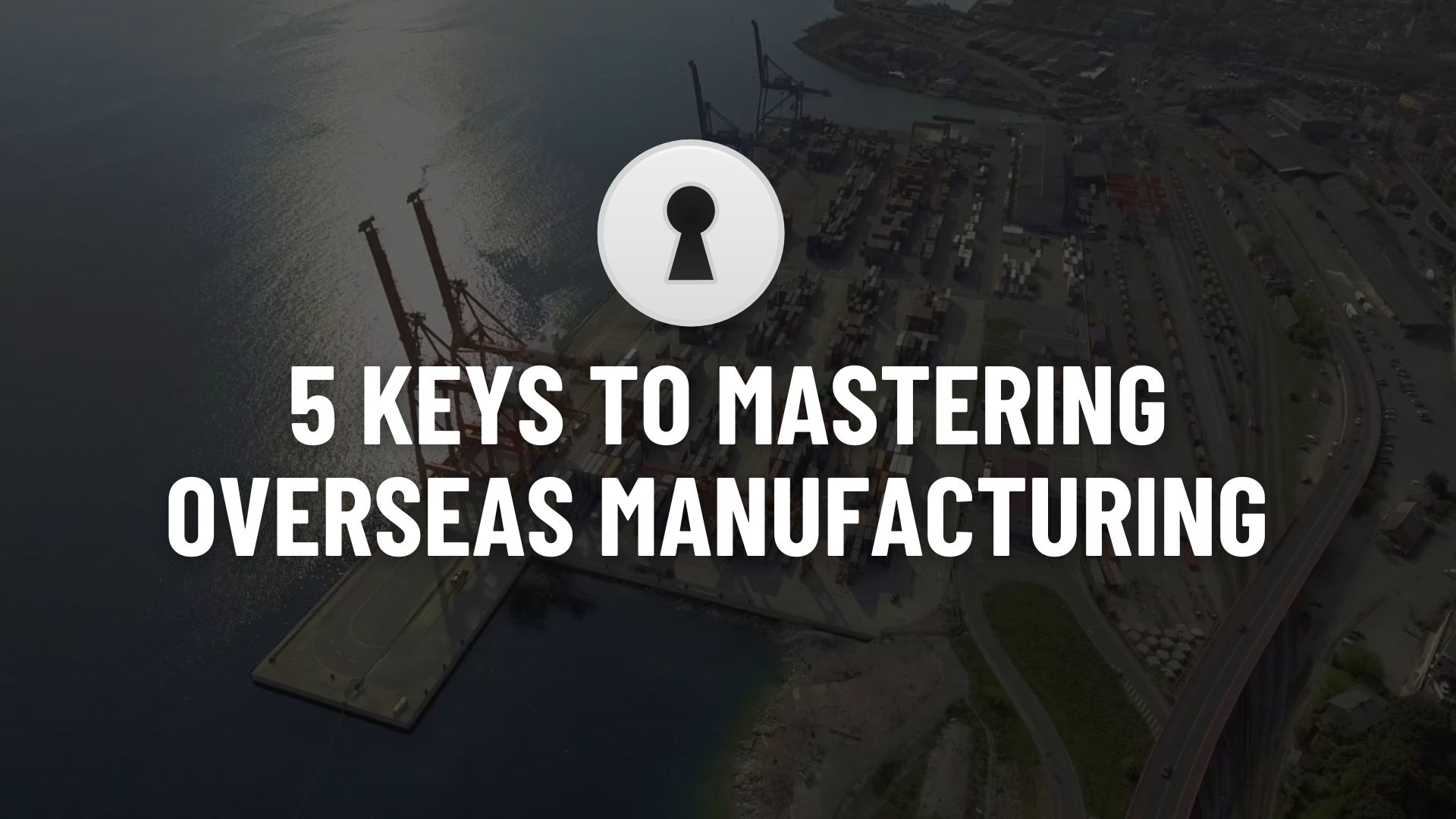Not that long ago, industrial manufacturing was seen strictly as a function of small geographical regions and their nearby resources, like a river to power a mill, a clay deposit for pottery and enough people living nearby to make the goods. Today, businesses can reach around the world to have products manufactured.
It’s a benefit, but also a challenge: With a world full of possibilities, how do you choose a global industrial supplier?
Before we offer some advice, let’s look back at the handful of major worldwide economic disruptions we’ve faced in recent years. Given the realities of today’s manufacturing landscape, we need a new perspective and approach to global supply chains.
In this article, we share insight on that new vantage point and outline how it can guide the choice of a global industrial supplier.
Don’t get us wrong: Even with recent disruptions, the sheer volume of opportunities and solutions in global supply chains is greater than ever. The sky isn’t falling, but we need a new understanding of what “normal” represents for the average industrial seller, distributor, buyer and end-user regarding decentralized production schemes.
What new attributes do we see on the horizon today?
Key Pressures Influencing Global Manufacturing
All things considered, global manufacturing today is under the pressure of three key influencers:
- Global production is inherently volatile. When world economics are relatively stable, independent factors such as price, quality and lead time tend to fluctuate in a relatively tight band, well within reason. Today, there’s little stability, especially on financial, geopolitical and raw material access fronts. Single manufacturers and entire product sectors can experience changes without warning, leaving buyers with price hikes, delays and even canceled orders.
- Wages are escalating. Just as the United States has been on an upward inflationary trend recently, many of our foreign trade partners have their own inflation pressures. It shows in rising foreign labor wages, which create general price increases for products made overseas.
- Shifts in buyer and product profiles. Consumer trends have always ebbed and flowed quickly, but large, rapid shifts even in business-to-business buying interests are becoming normal. One driver is rapid technological development that impacts entire industries, such as the shift toward electric vehicles. Another driver is aggressive corporate incentivization toward sustainability interests, fueling the use of new materials, fabrication techniques and third-party advisory requirements.
Core Criteria for Selecting a Global Industrial Supplier
These three factors don’t add up to doom and gloom. If anything, they are exciting challenges that bring new opportunities for buyers and manufacturers alike. Seeking out a manufacturing partner has always taken targeted effort, especially so given the above new challenges.
So how do you choose a reliable global industrial supplier to source your products in this light? Here are five tips:
- Start with reconnaissance. Buyers should thoroughly research potential suppliers prior to engaging, looking at key attributes and publicly available information. In this step, they should also look for important regulatory, trade restriction, tariff, VAT and compliance information. These factors could influence a decision on a potential country of origin or individual supplier. Because international trade regulations are not straightforward, working with a consultant (such as ITI Manufacturing) beginning at this stage is a savvy move.
- Lead with data. Buyers should gather as much detailed information as possible on their wants, needs and desires, both technical and subjective. This information should be included in the request for proposal document. Likewise, buyers should assemble a request for qualifications document, asking all pertinent performance and capability questions of potential suppliers. By engaging vendors with ample and accurate data – in writing – buyers set a level playing field from the get-go.
- Evaluate offers carefully. Once you have a short list of potential suppliers, go beyond price, lead time and order size requirements. Inquire about material traceability and origins, quality assurance policies and programs (such as ISO 9001 certification), financial and capital capacities, insurance and warranty coverages, recall and return policies, and so on. Evaluate physical production samples as well, not just for finished products, but also for any critical work-in-progress control steps if needed. Again, using experienced consultants like our ITI team at this stage can save you a lot of time and energy in vetting.
- Check for commercial engagement. Before signing on the dotted line, be sure to check the supplier’s existing commercial engagements. That is, ask to speak with references and check banking financials as you choose a global industrial supplier. Make sure they have logistics routes established to your port of call. Have your legal counsel review and approve all contractual language. In addition, make sure that language barriers do not exist with your principal or financial contacts, not to mention in the contract itself.
- Ask about ongoing support. Unfortunately with manufacturing, there are a lot of opportunities for something to go wrong. If an issue comes up, will you be able to reach someone immediately who can help solve the problem? Also, who will proactively monitor order progress, relationship upkeep and any potential foreign legal or regulatory changes that will impact your agreement? Buyers should make sure these details are sorted out ahead of time, selecting a foreign supplier or a stateside intermediary, like ITI, that will advise and act in the buyer’s best interests.
Where Do You Go From Here?
By following these steps, buyers can dig into the details of a potential manufacturing engagement with offshore suppliers, drilling down into how vendors will navigate the volatility, wage escalation and rapid product evolution demands expected over the years to come. Further, buyers should investigate more value-added benefits such as:
- Redundant logistics options.
- Backup production facilities.
- Managed U.S. customs processing.
- Intellectual property protection.
These added benefits are worth searching out for heightened peace of mind.
As you go through the process of choosing a global industrial supplier, contact us. We are eager to answer your questions and help take the risk out of global production.







